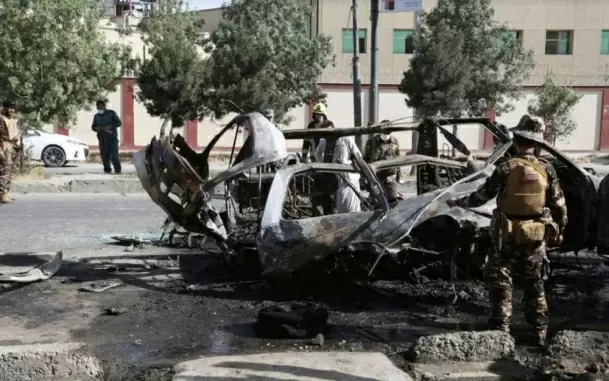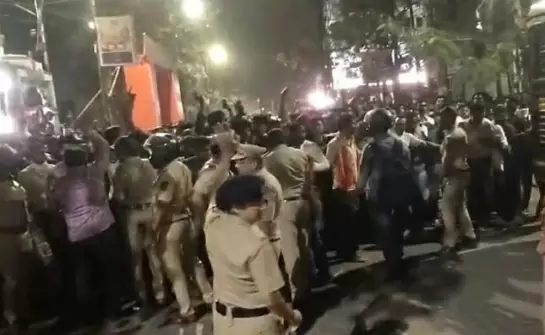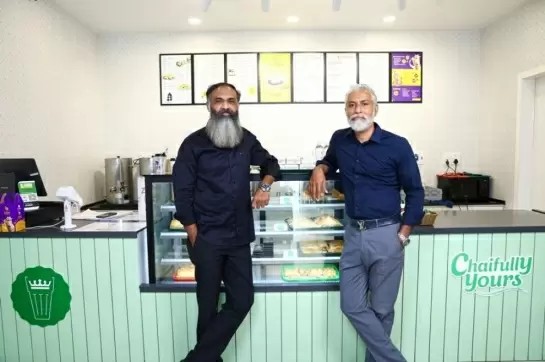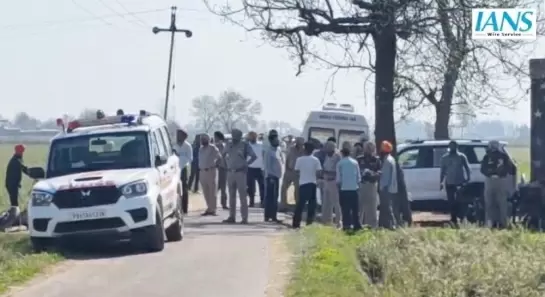Afghan war enters new, deadlier, more destructive phase: UN envoy
New Delhi/United Nations
07-August-2021

Photo:IANS
Deborah Lyons, the UN Secretary-General's special representative for Afghanistan, has said that the war in the country has"entered a new, deadlier, and more destructive phase" in the past few weeks as the Taliban is continuing its relentless battles against government forces.
"From this strengthened position they have begun to attack the larger cities. The provincial capitals of Kandahar, Herat, and Lashkar Gah in particular have come under significant pressure.
"This is a clear attempt by the Taliban to seize urban centres with the force of arms. The human toll of this strategy is extremely distressing and the political message is even more deeply disturbing."
Lyons added that "Afghanistan is now at a dangerous turning point" and what lies ahead for the country is a "genuine peace negotiation or a tragically intertwined set of crises: an increasingly brutal conflict combined with an acute humanitarian situation and multiplying human rights abuses".
She stressed that the Security Council must issue an unambiguous statement that attacks against cities must stop now.
"Those countries that meet with the Taliban Political Commission should insist in these meetings on a general ceasefire, a resumption of the negotiations, as well as reiterate the position of the Security Council and that of the regional and international community that a government imposed by force in Afghanistan will not be recognised.
Watch This TWL Video
"As I have already mentioned, the travel ban exemption on Taliban members exists to allow them to travel for the sole purpose of peace negotiations. The exemption is to be renewed on 20 September. Further extension must be predicated on real progress on peace.
"To attack urban areas is to knowingly inflict enormous harm and cause massive civilian casualties. Nonetheless, the threatening of large urban areas appears to be a strategic decision by the Taliban, who have accepted the likely carnage that will ensue," the envoy further said.
According to Lyons, fighting has been especially severe in Laskhar Gah, the capital of Helmand province.
Since July 28, just 10 days ago, at least 104 civilians were killed and 403 wounded, as registered by the two main hospitals. Ground engagements and airstrikes are causing most of the civilian harm. All roads leading to and going out of the city are closed by the Taliban., she said
Lyons said hospitals have nearly reached full capacity and can no longer accept patients. The available food supply in the city is fastly diminishing, which raises the possibility of an acute food shortage in coming days, as well as the shortage of medical supplies.
In Kandahar, since the start of the offensive there on July 9, more than 460 civilian casualties have been registered. Further to the west, in and around Herat, UNAMA has credible reports of over 135 civilian casualties from the onset of the Taliban offensive.
"Let me quickly summarise that just in these three cases I am talking of over 1000 casualties, just in this last month," she said.
"There is a striking contrast between the activity on the battlefield and the quiet stalemate at the negotiation table in Doha, where we should be seeing the opposite: quiet on the battlefield and engagement around the negotiating table."
Lyons said what is reportedly happening in areas under Taliban control is also of great concern to us.
"It is heart-breaking to hear, for example, reports of summary executions, beatings and clampdown on media. Radio stations in particular have stopped broadcasting. We also hear the fears voiced to UNAMA by many Afghan women. They tell us that they fear they will be killed if the Taliban return to power simply because they worked for the government or an NGO," she added.-IANS
More Headlines
Haryana BJP Leader Shot Dead Over Land Dispute On Holi: Police
Mumbai Police Bust High-Profile Sex Racket in Hiranandani Hotel
NPG Evaluates 8 Key Infrastructure Projects Under PM GatiShakti Plan
Rupee Symbol Debate Heats Up as Tamil Nadu Opts for ‘ரூ’
AIADMK Walks Out, BJP Boycotts Tamil Nadu Budget Session
Haryana BJP Leader Shot Dead Over Land Dispute On Holi: Police
Mumbai Police Bust High-Profile Sex Racket in Hiranandani Hotel
NPG Evaluates 8 Key Infrastructure Projects Under PM GatiShakti Plan
Rupee Symbol Debate Heats Up as Tamil Nadu Opts for ‘ரூ’
AIADMK Walks Out, BJP Boycotts Tamil Nadu Budget Session










